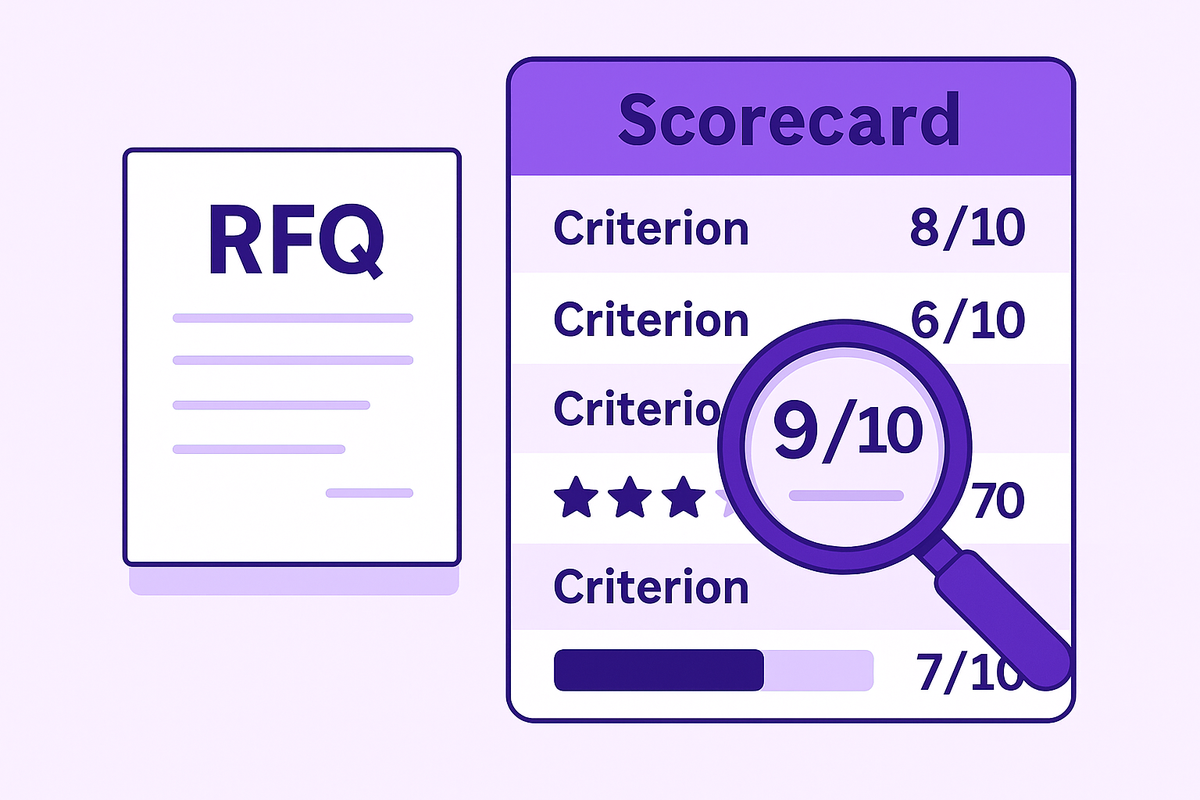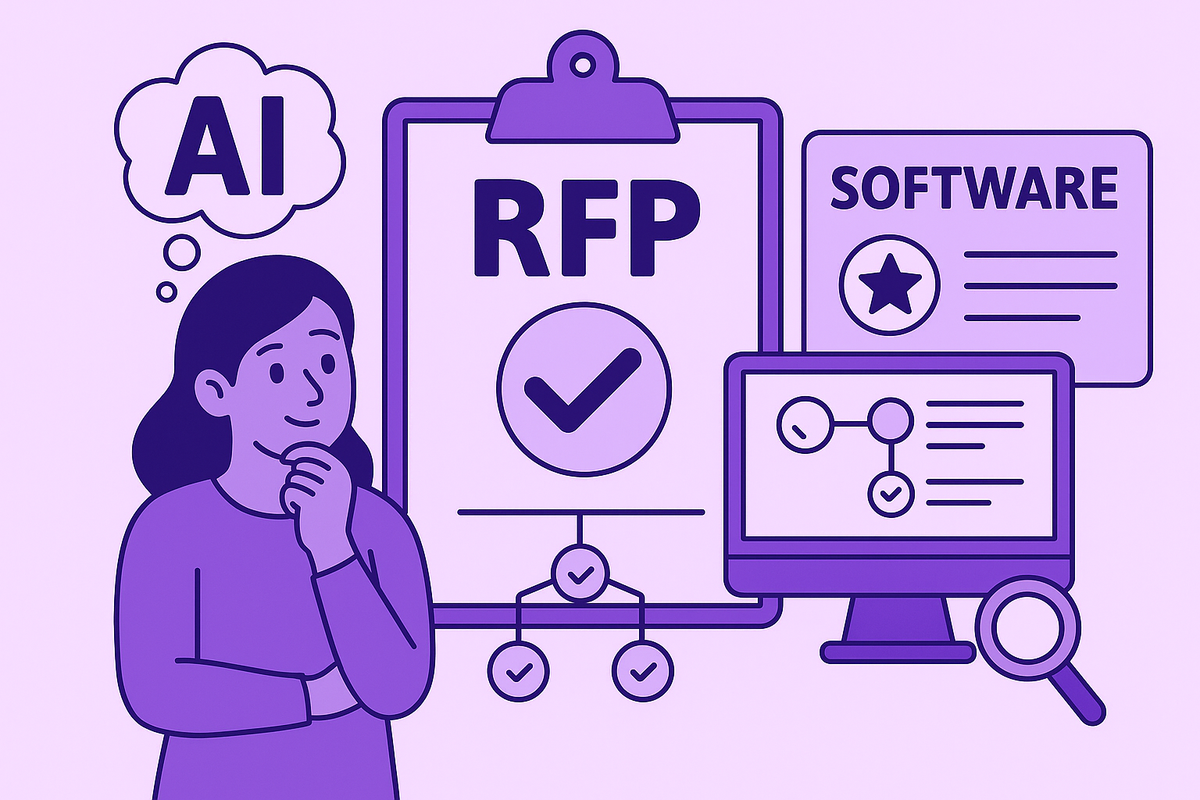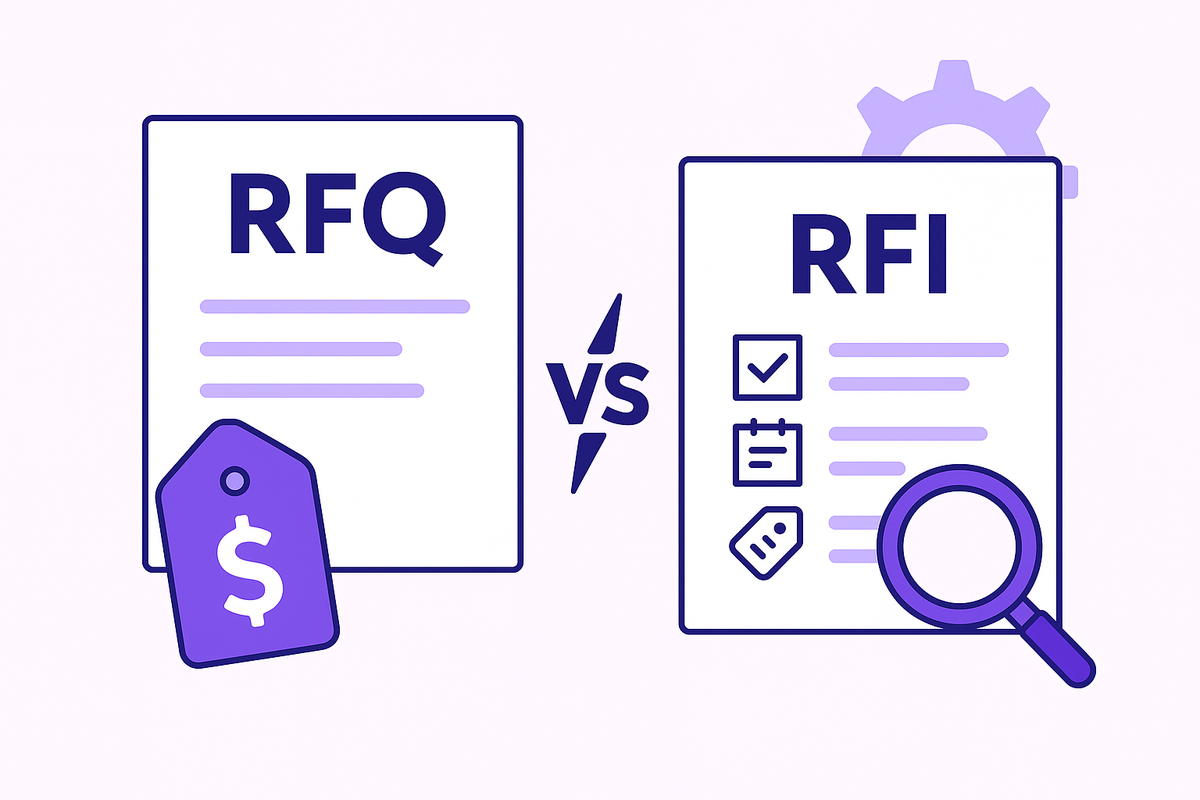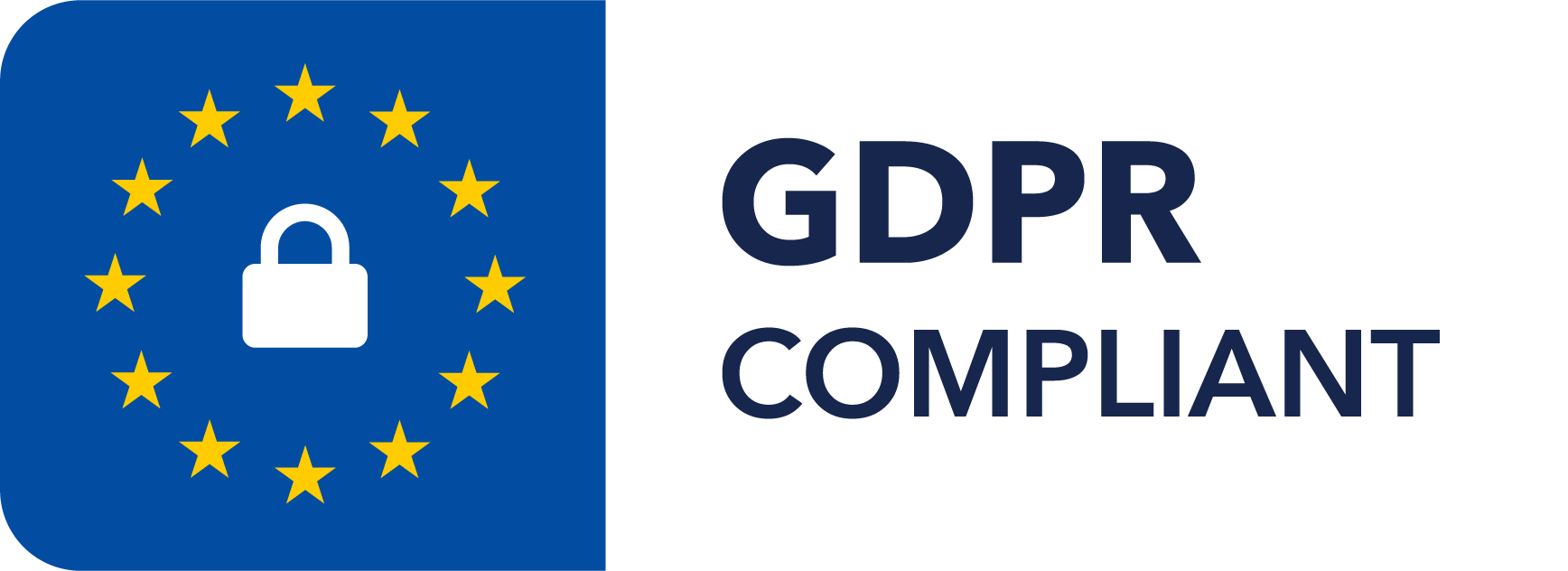RFQ Evaluation: How to Choose the Right Supplier
July 24, 2025
By
Evie Secilmis

RFQ Evaluation Key Criteria Templates
In the competitive landscape of procurement, selecting the right vendor can significantly impact your business's success. The Request for Quotation (RFQ) process is a standardized approach that invites suppliers to bid on providing specific products or services. It's not just about choosing the cheapest option; it's about making an informed decision by evaluating supplier responses against a set of predefined criteria. In this article, we delve into the key criteria for RFQ evaluation and offer templates to guide you through this crucial process.
An RFQ evaluation is a systematic method of assessing supplier responses to ensure that the selected vendor aligns with your business's strategic needs. By employing a set of evaluation criteria, you create a structured framework that allows for an apples-to-apples comparison of different suppliers. This structured approach is not only essential for maintaining transparency but also for making decisions that are both objective and aligned with your business goals.
The significance of having well-defined RFQ evaluation criteria cannot be overstated:
- Consistency: The criteria ensure that all suppliers are evaluated based on the same parameters, fostering a fair and consistent process. This uniformity is crucial in mitigating any potential biases and ensuring every supplier has an equal opportunity to compete.
- Efficiency: With clear and concise criteria, you can swiftly eliminate suppliers who do not meet your basic requirements, allowing you to focus your attention on those that are truly aligned with your needs. This efficiency not only saves time but also streamlines the decision-making process.
- Transparency: When all stakeholders are aware of and understand the evaluation criteria, it adds a layer of transparency to the process. This transparency is invaluable in reducing disputes and misunderstandings, as everyone involved is on the same page regarding what is expected.
Crafting RFQ evaluation criteria should be a tailored process, considering the specific needs and priorities of your business. However, some common criteria are widely applicable across various industries:
- Price: While price is a critical factor, the lowest bid doesn't automatically equate to the best option. It's essential to weigh the price against the overall value offered by the supplier, considering aspects such as quality and service.
- Quality: The quality of goods or services is a pivotal criterion. This can be assessed through previous performance, quality certifications, or feedback from past clients. Quality should never be compromised, as it directly impacts your business's operations.
- Delivery Time: Evaluate how promptly the supplier can deliver the required goods or services. This is especially important for industries with strict timelines, where delays can have significant consequences.
- Reputation and Experience: A supplier's reputation and industry experience often correlate with reliability and quality. It's important to consider their track record and how they've performed in similar projects.
- Financial Stability: Ensuring the supplier's financial health is crucial to avoid any disruptions in the supply chain. A financially unstable supplier might struggle to fulfill long-term contracts.
- Compliance and Certifications: Verify whether the supplier complies with industry standards and holds necessary certifications. This ensures that they meet the required legal and ethical standards.
- Customer Service: The level of customer support offered by the supplier can be a significant differentiator. Good customer service is invaluable, particularly when issues arise and need prompt resolution.
To facilitate a streamlined and efficient evaluation process, creating templates is an effective strategy. These templates outline all the criteria and provide a systematic way to compare different suppliers.
This template is suitable for smaller projects or when evaluating a limited number of suppliers. It focuses on fundamental criteria for a straightforward assessment.




















